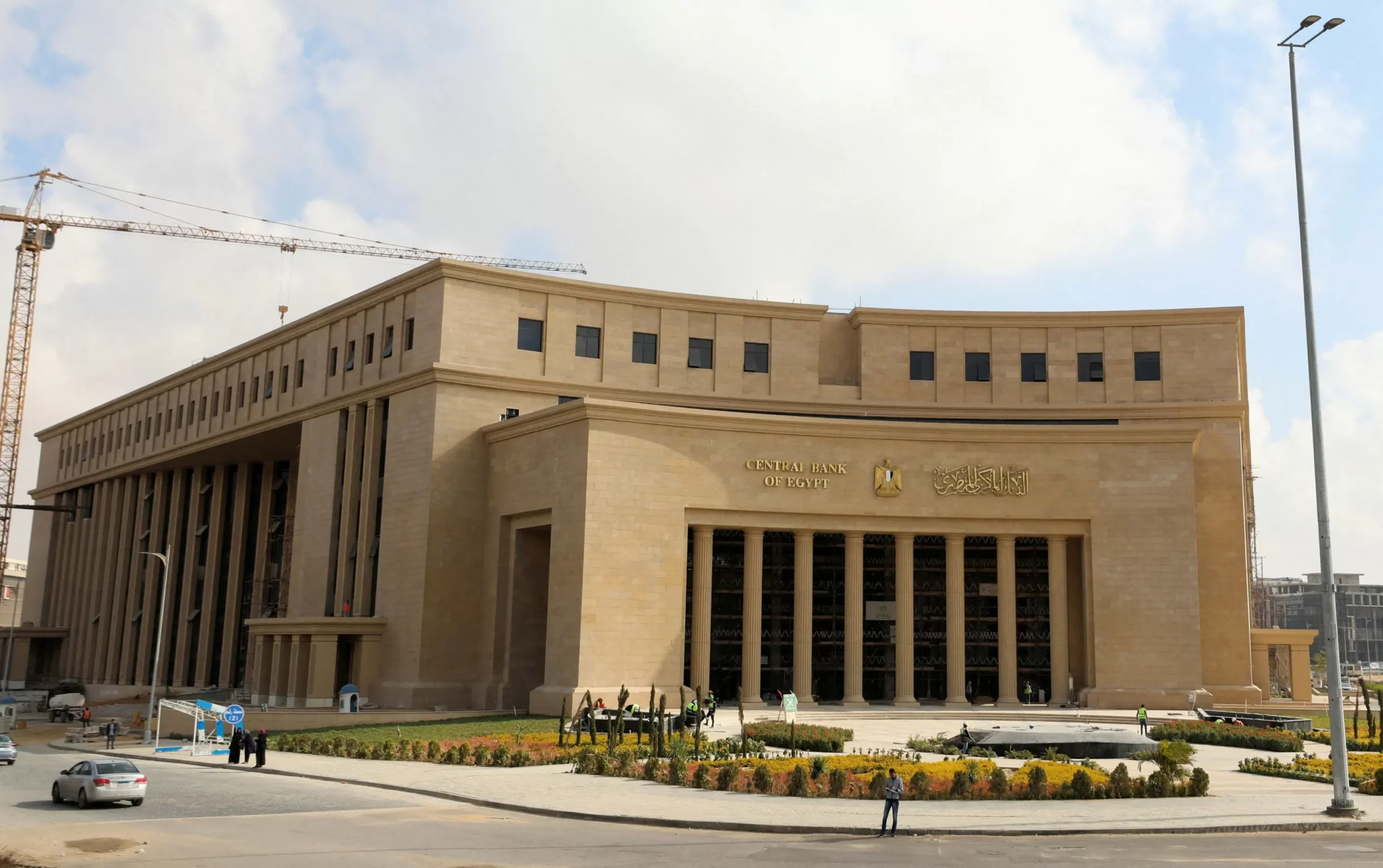The Egyptian pound experienced a sharp decline against the U.S. dollar on Wednesday, causing concern among investors and citizens alike. This sudden drop in value was a result of the country’s central bank’s decision to increase its main interest rate and allow the currency’s exchange rate to float freely.
The Central Bank of Egypt announced on Wednesday that it would be raising its main interest rate by 200 basis points to 9.25%, in an effort to curb inflation and stabilize the economy. This move was met with mixed reactions, as some experts believed it was necessary to control rising prices, while others feared it would have a negative impact on the country’s already struggling economy.
In addition to the interest rate hike, the central bank also announced that it would be adopting a new exchange rate mechanism, allowing the Egyptian pound to float freely against other currencies. This decision was made in an effort to attract foreign investment and boost the country’s foreign reserves, which have been steadily declining in recent years.
While the initial reaction to these changes may have caused some concern, it is important to understand the long-term benefits that these measures will bring to the Egyptian economy. By raising the interest rate, the central bank is sending a strong message to investors that it is committed to controlling inflation and maintaining a stable economy. This will not only attract foreign investment, but also boost confidence among local businesses and consumers.
The decision to allow the Egyptian pound to float freely against other currencies is also a positive step towards a more flexible and market-driven exchange rate. This will help to reduce the country’s reliance on foreign reserves and provide a more accurate reflection of the currency’s true value. It will also make Egyptian exports more competitive in the global market, leading to an increase in foreign trade and a boost to the economy.
Furthermore, the central bank’s move to increase the interest rate and allow the currency to float freely is a clear indication of the government’s commitment to economic reform. This is a crucial step towards achieving sustainable economic growth and attracting much-needed foreign investment. It also shows that the government is willing to take bold and necessary measures to address the country’s economic challenges.
It is important to note that these changes may initially cause some short-term volatility in the currency market. However, in the long run, they will lead to a more stable and prosperous economy for Egypt. The central bank’s decision is a clear demonstration of its determination to steer the country towards economic stability and growth.
In addition, the government has also implemented various other economic reforms, such as reducing subsidies and implementing a value-added tax, in order to reduce the budget deficit and improve the overall economic climate. These measures, combined with the recent changes by the central bank, will help to create a more attractive environment for both local and foreign investors.
It is also worth mentioning that the Egyptian pound’s decline against the U.S. dollar is not unique to Egypt. Many emerging market currencies have experienced similar fluctuations in recent years, as a result of global economic conditions. However, with the implementation of these economic reforms, Egypt is well-positioned to weather these challenges and emerge as a strong and stable economy.
In conclusion, while the Egyptian pound’s decline against the U.S. dollar may have caused some initial concern, it is important to understand the long-term benefits that these changes will bring to the country’s economy. The central bank’s decision to raise the interest rate and allow the currency to float freely is a positive step towards economic stability and growth. With the government’s commitment to economic reform and the implementation of various measures, Egypt is on the path towards a brighter and more prosperous future.


